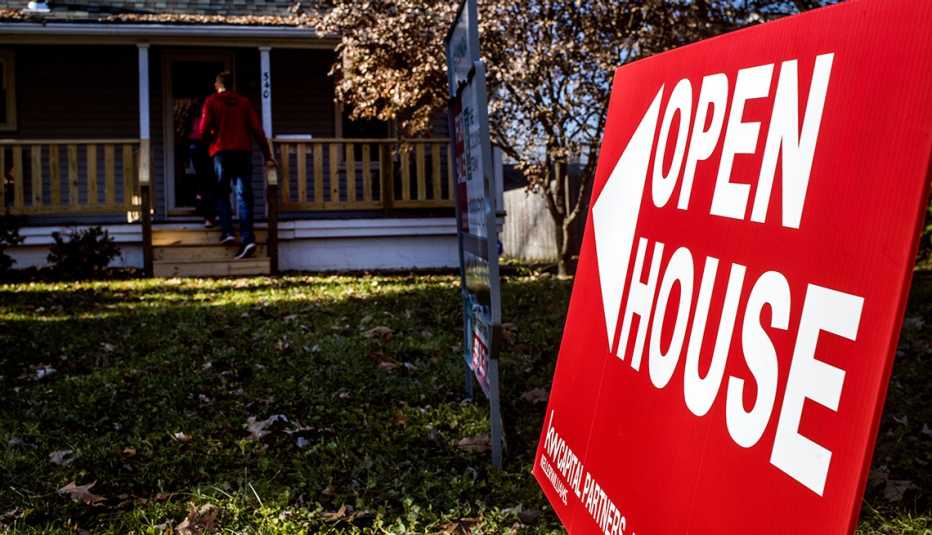Staying Fit


The partial federal government shutdown is locking some people out of buying a home, delaying the process for others and sparking fears that low-income tenants receiving rental assistance could be hurt as contracts between the federal government and building owners expire.
In housing, the most severe impact of the nearly three-week-old partial shutdown is being felt by those who were counting on U.S. Department of Agriculture loans to buy a new home. USDA loans for low and moderate income buyers outside of urban areas are especially attractive because they offer 100 percent financing.


AARP Membership— $12 for your first year when you sign up for Automatic Renewal
Get instant access to members-only products and hundreds of discounts, a free second membership, and a subscription to AARP the Magazine.
USDA’s operations plan for the partial shutdown says stopping loans and grants for more than two weeks “would have an adverse impact on the rural economy.” An extended shutdown would mean delays in construction startups “as well as a potentially costly inconvenience to buyers and sellers depending on a single family housing loan or guaranteed loan closing,” the plan says.
A survey this month by the National Association of Realtors of more than 2,200 of its members found almost a quarter of the realtors saw an effect of the partial shutdown on current or potential clients. Problems with obtaining a USDA loan was cited as the top reason for delay .
The partial shutdown is also affecting federal programs that provide assistance to low-income renters. The U.S. Department of Housing and Urban Development (HUD) contracts with private landlords to provide rental assistance. More than 1,000 of these contracts will have expired by the end of January.
Among the programs affected is Section 8 rental assistance, which has a crucial role in offering affordable housing to older Americans, people with disabilities and families with children. According to the Center on Budget and Policy Priorities, more than two-thirds of households that use HUD’s housing programs include older Americans or people with disabilities.
Housing advocates fear that if the shutdown continues into February or March, it could impact tenants and that a prolonged government closure would increase the risk of tenants losing their government-subsidized housing.
Building owners rely on the Section 8 revenue to make up the difference between the rent tenants in the HUD program pay and the actual rent. Landlords use the revenue from rental assistance contracts to maintain their properties in good repair and pay those who work in the buildings. “Most owners have sufficient resources to cover such losses for several months, but some don’t — and few if any owners can absorb such losses for an extended period without risking default and loss of the property,” Douglas Rice, a senior policy analyst at the Center on Budget and Policy Priorities, says in a statement.

































































More on politics-society
Food Stamp Benefits Continuing During Partial Shutdown
Low-income Americans assured of benefits at least through FebruaryTax Refunds Will Go Out Despite Shutdown
IRS says it will recall staff to process returns on time